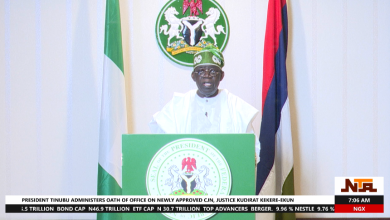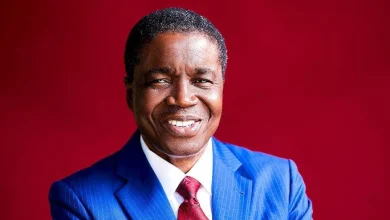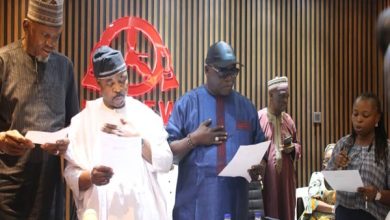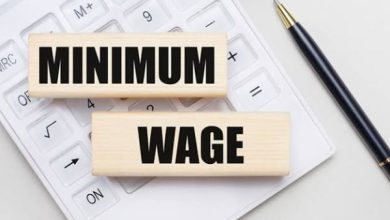UK ‘Withdraws’ Asylum Policy For IPOB, MASSOB

The British government has taken down a notice on its asylum policy for pro-Biafra groups such as Indigenous People of Biafra (IPOB) and Movement for the Actualisation of Biafra (MASSOB).
The British government said in an email to Radio Now signed by Hannah Dawson, senior communications officer-Newsdesk at the Home Office, that the strategy is being checked and will be uploaded once it is available.
The statement reads, “Out notice on Biafra rebels has been taken down for review; an update is expected shortly.”
The UK government has not stated when the new policy would be made available on their website.
The UK Visas and Immigration (UKVI) recently issued new guidance to its decision-makers on how to consider and grant asylum applications from Biafran secessionists.
Nnamdi Kanu created IPOB in 2012, and it is thought to be a spin-off of MASSOB, which was founded in 1999 by Ralph Uwazuruike.
Exposed!! Popular Abuja doctor revealed how men can naturally and permanently cure poor erection, quick ejaculation, small and shameful manhood without side effects. Even if you are hypertensive or diabetic . Stop the use of hard drugs for sex!! It kills!
Both are calling for the independence of Nigeria’s south-east, as well as a number of other ethnic groups.
The UKVI, a division of the Home Office, directed its decision-makers to consider whether an individual “who actively and openly supports IPOB is likely to be at risk of arrest and detention, and ill-treatment that is likely to lead to persecution” in the earlier released “Country Policy and Information Note Nigeria: Biafran secessionist groups.”
The decision-makers must follow the guidelines “It’s also worth thinking about whether the [Nigerian] government’s activities are acts of prosecution rather than persecution. Refugees are not usually those fleeing prosecution or imprisonment for a criminal offense. However, if the authorities use victimization in their application of the law, the prosecution might be considered persecution “..
According to the UKVI, one example of persecution is “whether it serves as a vehicle or justification for, or if only certain groups are punished for a specific crime, and the effects of that discrimination are serious enough. Persecution may also include cruel, inhuman, or degrading punishment (including punishment that is out of all proportion to the crime committed) “..
They must also “consider each case on its facts to decide whether the individual is likely to be of concern to the [Nigerian] government and if this is for proportionate and non-discriminatory valid grounds of prosecution.”




